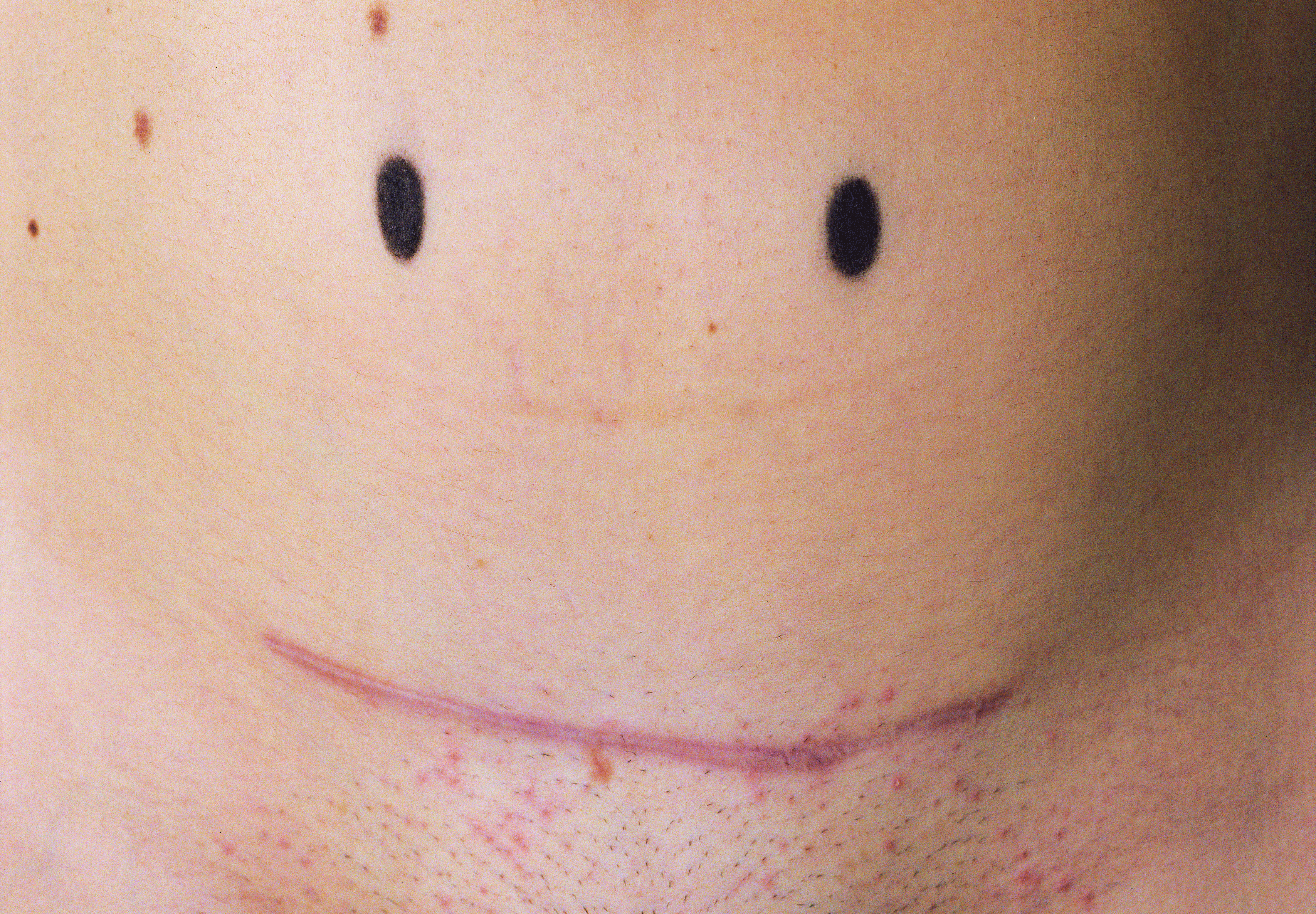A scar.
A trace of something that happened to you. An injury. A wound. A cut.
External – opening the skin, the border of your body. Internal – a secret burning inside you.
All scars – as a result of trauma, of a shock to the system – break the continuity. The layers of the skin need to recognize anew how to bring stability, how to close the wound and facilitate optimal re-growth.
A scar is made of other tissues than healthy skin. It is less flexible and weaker. It changes the complex configurations of joints, muscles and fascia. The healing process depends on the characteristics of the injury, individual predispositions and aftercare. Sometimes a scar grows inwards, deep into the body, reaching far from the original wound.
This year, the Holland Festival programme at Frascati is curated under the notion of Scar. A scar is a physical fact, not a symbol or a metaphor. Because all scars take on flesh, act on the body.
This performative quality of scars bonds all works of art gathered into the programme Scar.
Dance and theatre performances, visual arts, talks, ceremonies – all invoke scars of different origins. They address stories of sexual violence, illness, invisibility, racism or transgenerational trauma. They let images emerge – poetic, edgy or displacing.
With this program, we want to acknowledge the importance of scars in their personal, political and spiritual manifestations. We want to listen to what scars whisper to us and hold space for resonance.
Scars, as traces of survival, become the transcription of life – with the pain, pleasure and persistent striving for transformation. But some scars are not there yet, if the wound is too deep and the healing process has not started yet. Their absence becomes very poignant.
Sometimes we carry some scars even though our ancestors where the ones who were [originally] injured. These inherited marks are just as real. Healing does not mean forgetting. Reparation does not erase a crack. The body finds new ways to continue.
Every scar is individual, and so is the archive the body stores them in. With this programme, we want to celebrate the beauty, power and ambiguity of scars: to make different artworks shine through the brokenness of history and the actuality of violence, through the vulnerability of our bodies and sensitivity of interhuman connections.
We invite you to welcome your own scars and let them become your navigation and support.
Kasia Tórz Untitled [Smile], Monika Mamzeta, 2003
Untitled [Smile], Monika Mamzeta, 2003